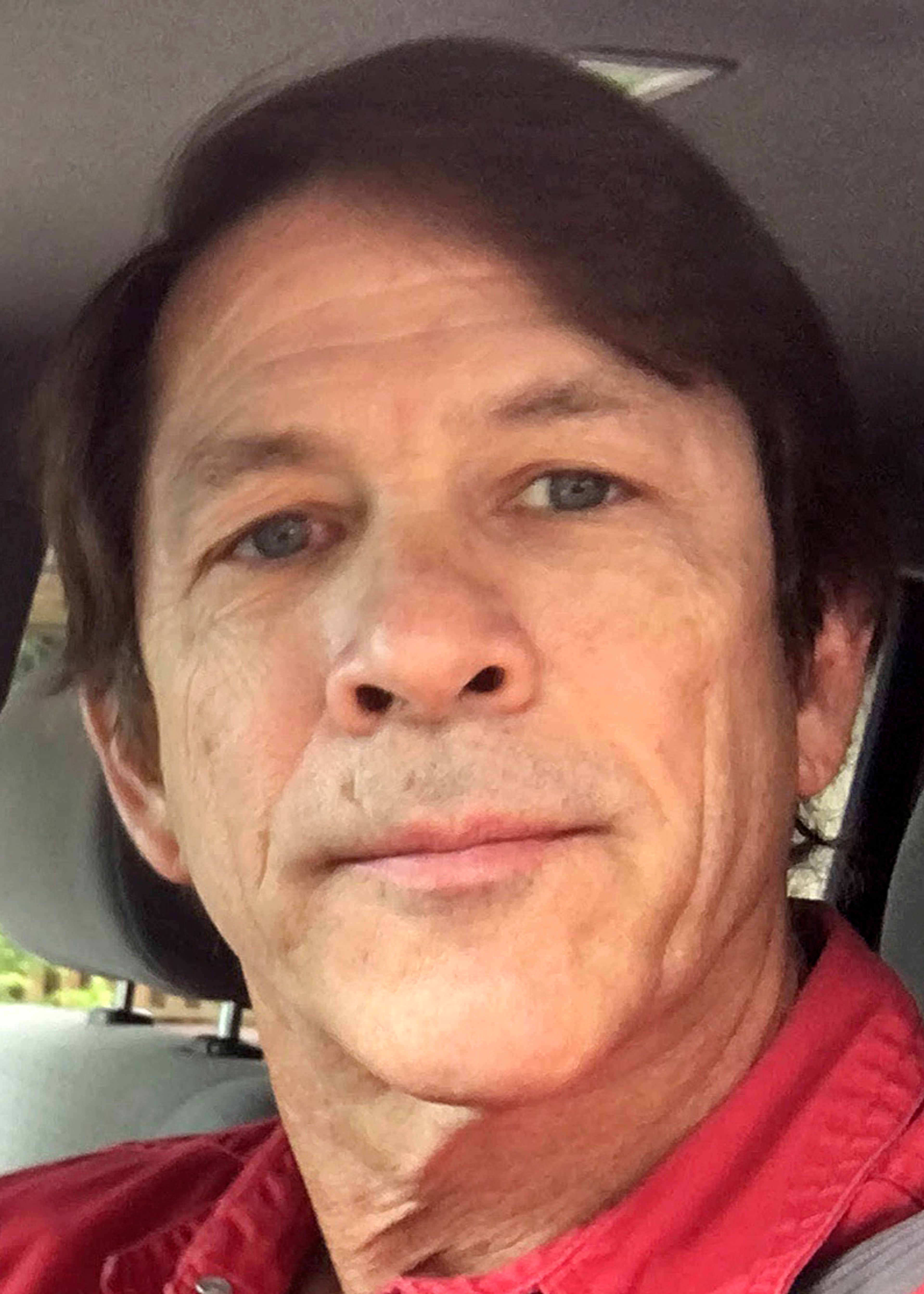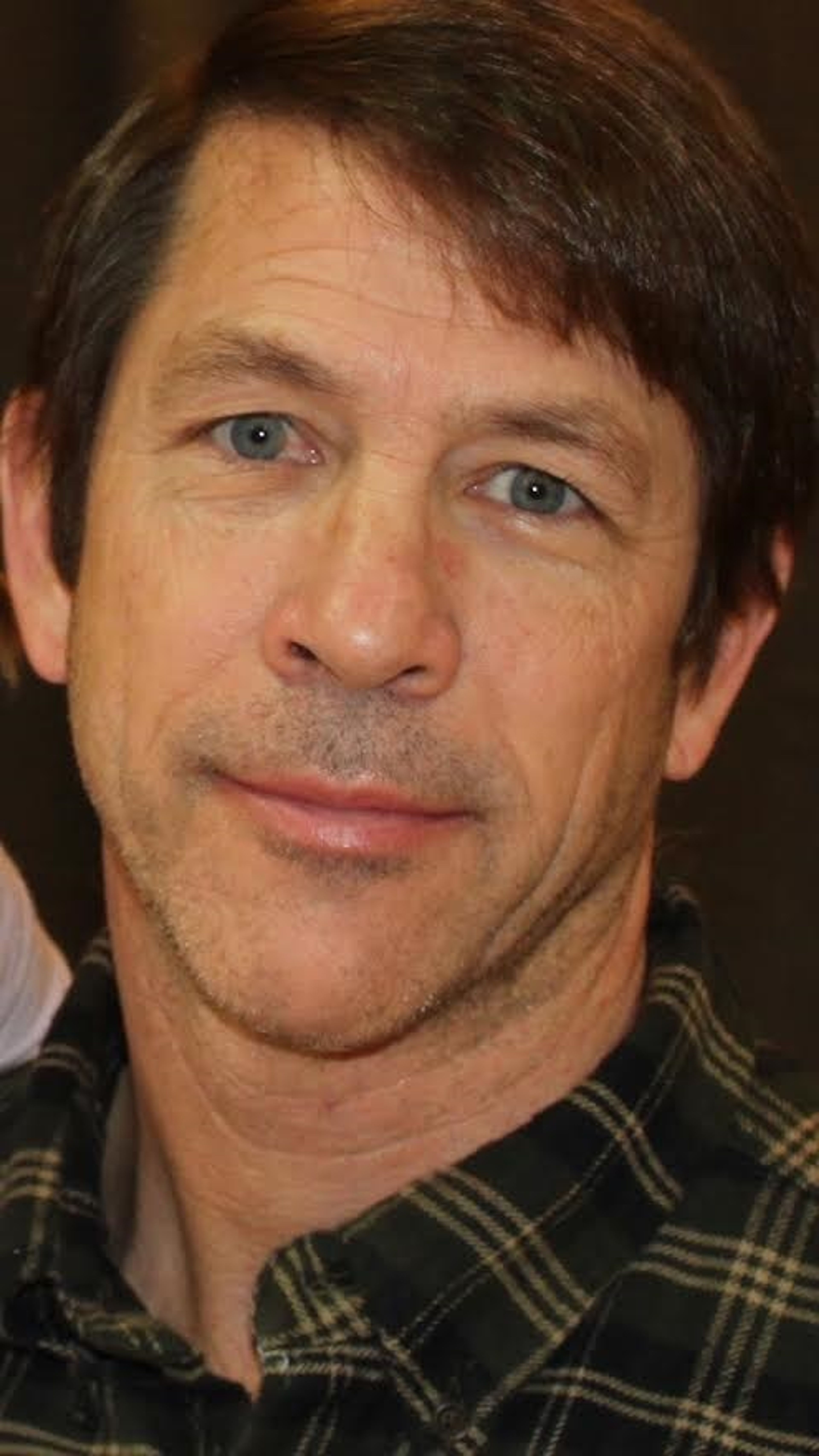His View: The PC police need to holster their guns
Who owns the English language? More profoundly, who decides if an opinion is valid or invalid? Like many others of my generation, I am often frustrated by the politically correct dicta that classify some of my beliefs as unacceptable. As an Old White Guy, there are things that, apparently, I’m not allowed to think or say anymore.
Some of it is simply stumbling over new and unfamiliar elements of our common language. As I mentioned a couple of weeks ago, there is a transgender young man in the outer branches of my family tree. That’s fine with me, but I stumble sometimes when referring to his early years — that is, when he presented to the world as a girl. Referring to this young man when he was a kid, I sometimes use the original, feminine name he was given at birth.
Whenever I do, a pair of idealistic teenagers I know jumps on me with all four feet, insisting that I cannot use his “dead” name. OK, lay off. It’s an honest mistake from an old guy who isn’t terribly familiar with the expanding lexicon of the LGBTQ+ community.
Honest mistakes are one thing and, over time, I’m learning not to make them. Outright differences of opinion are another.
A classic example is use of a degrading term for Black people, a word that begins with the letter “n.” Yes, I’m talking about the n-word.
It’s an awful word that harks back to an era — and a eugenic sense of superiority — that is slowly being diluted as America becomes more populous and ethnically diverse. Its roots lie in one of the ugliest chapters of American history.
So I never use it. Given the n-word’s hateful connotations, I don’t think anyone should use it. Ever.
But tune your radio to a rap station and you’ll hear it plenty. Turns out, the reviled n-word is a staple ingredient in the recipe for writing catchy rap songs. It is used freely by Black artists, presumably adding edginess to their oeuvre.
Put all the pieces together and it looks like this: A white guy uses the n-word and he loses his job, gets his photo airbrushed out of the yearbook, and he is forced to slink away in shame. It is a bad word, after all.
But a Black rapper uses the n-word and his song could go platinum.
No one should begrudge Black artists the right to harness their history to make a living, but c’mon, why is a vile word OK for some folks to use when it is taboo for many others? Who certified it as a third rail for white people, and a holy grail for the Black community?
The idealistic teenagers I know have a ready answer.
“You can’t use that word because you’re white,” they say, and I get that. “But,” they continue, “it’s OK for Black people to use it because they’re reclaiming the word.”
Say what? A divisive and nasty word should be reclaimed?
In fairness, there is a thread of logic behind the idea. If I understand correctly, use of the n-word by those who were once degraded by it is a way to neutralize its venom. By tossing it around casually, the Black community is disarming and de-stigmatizing a once-toxic term of subjugation.
OK, I recognize that logic in a broad context, but it still feels like a double standard. It’s a minor point, and dismantling the social construct of who can — and who cannot — use a deeply offensive word isn’t a fight worth fighting. Personally, I think use of the n-word carries a whiff of hypocrisy, but it takes more than that to ruin my day.
That should be the end of the story, with different people holding different opinions and everyone agreeing to disagree. Often as not, it doesn’t end there because people at the lagging end of social change can be summarily “canceled” in the court of public opinion.
Rather than dishing out swift moral certitude, the arbiters of modern social norms need to recognize that people — and their opinions -— evolve gradually. Change is coming, but not everyone is on the express train to progressive enlightenment.
After years of collecting passport stamps, Brock finally ran aground on the Palouse. He has been a Daily News columnist since 2002.








